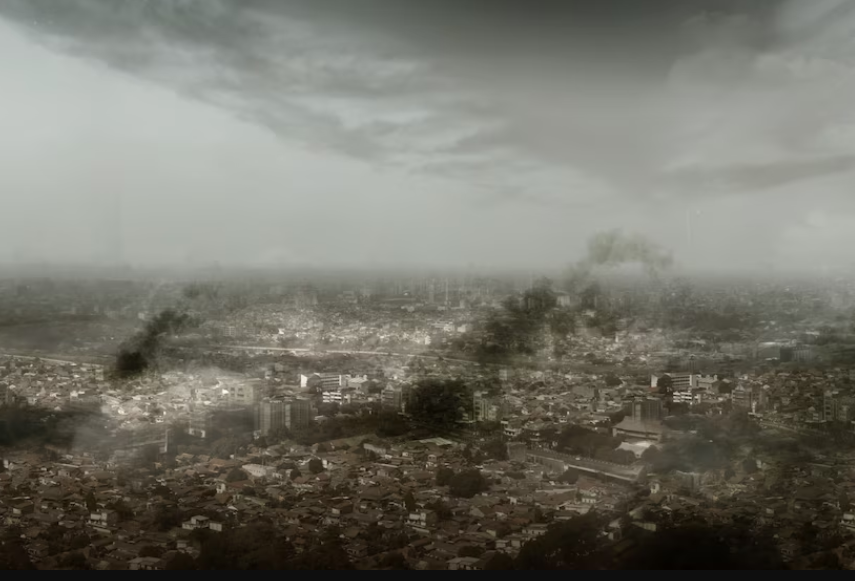Tensions were boiling in the Middle East on Wednesday, January 31, when Iran warned the U.S. that Iran would respond “decisively” to any U.S. strikes.
On Sunday of that week, a bomb was dropped on Jordan, killing three American soldiers in the process. In response to U.S. accusations, Iran said it will respond “decisively” to any U.S. strikes.
The drone attack was deemed a suicide mission, where the pilot who dropped the explosive was also killed in its assault. The bombing was supported by Iran-backed mission groups in the early morning of Sunday, January 28.
The target: Tower 22.
The Tower is a known military base, utilized by the U.S., in Jordan.
The three soldiers killed in the assault were serving in the Army Reserve, and at least 40 personnel were wounded in the bombing.
The bombing was the first attack on U.S. soldiers in the Middle East since October when the brewing Israel-Hamas war began.
After the attack, the Biden administration scrambled to respond, a large pressure put on their shoulders to strike the capital of Iran, Tehran.
“American troops have been targeted by Iranian-backed groups more than 160 times since the onset of the conflict in the region,” said The Hill, placing an everlasting force on the U.S. to take action.
The brutal attack led to a response from Iran. A response evoking stress and fear.
In response to U.S. angst over the issue, Hossein Salami, an Iranian Revolutionary Guard Chief for Iran, said, “We hear threatening words from American officials… You have tested us, and we know each other. We will not leave any threat unanswered.”
Swirling pits of anxiety have further attacked the residents of the Middle East and the U.S. as the leadership of each nation debates over a response to the drone attack.
Since the attack, U.S. troops have still fired at Iran-backed Houthi forces in Yemen.
“We are not after war, but we have no fear of war,” Salami added, causing a ripple of panic in world politics.
According to Al Jazeera, a pan-Arab satellite channel based in Qatar, the US and Iran have recently exchanged messages regarding the issue, but no details of their exchanges have been released to the general public.
Iran, Palestine, Gaza, and Israel were shoved into the spotlight in recent months, with all eyes on their intentions and actions. The same went for South Africa and the U.S. as the world teetered on the edge of global conflict.
Iran made a promise on January 31, up for discussion and debate. In response, the U.S. further vowed to reply to the attack, President Biden choosing a “time and manner of [the Biden administration’s] choosing” to answer the potential threat.
Administration officials continued to emphasize, however, that the U.S. is not seeking war with Iran. The government also made statements regarding the Israel-Hamas conflict: they do not want to worsen the conflict in the Middle East.
Iran’s response evoked panic for leadership in the U.S., the Biden Administration is already in a world of apprehension regarding the Middle Eastern conflict.
Following the bombing, Iran claimed they did not participate in the assault, painting a picture of innocence for the nation.
However, the U.S. government was unsure of this statement.
After the events on January 28 and 31, another target was aimed and ready to fire at the US due to its recent support of Israel’s troops and protection. Due to the Israel-Hamas conflict in Gaza, people from around the globe claimed the U.S. was on the wrong side of this war and antisemitism has degraded into a miserable hatred pinned on the Jewish population. Bigotry and fury were brewing and bubbling over in our nation, and with the added stress of Iran’s vow of their strong response, the U.S. citizens continued to wonder about the protected security of their homeland.
The attack on Jordan caused an echo of accusations, threats, and anxiety from both the U.S. and Iran, creating a pit of deception and confusion for the citizens of the nations.

